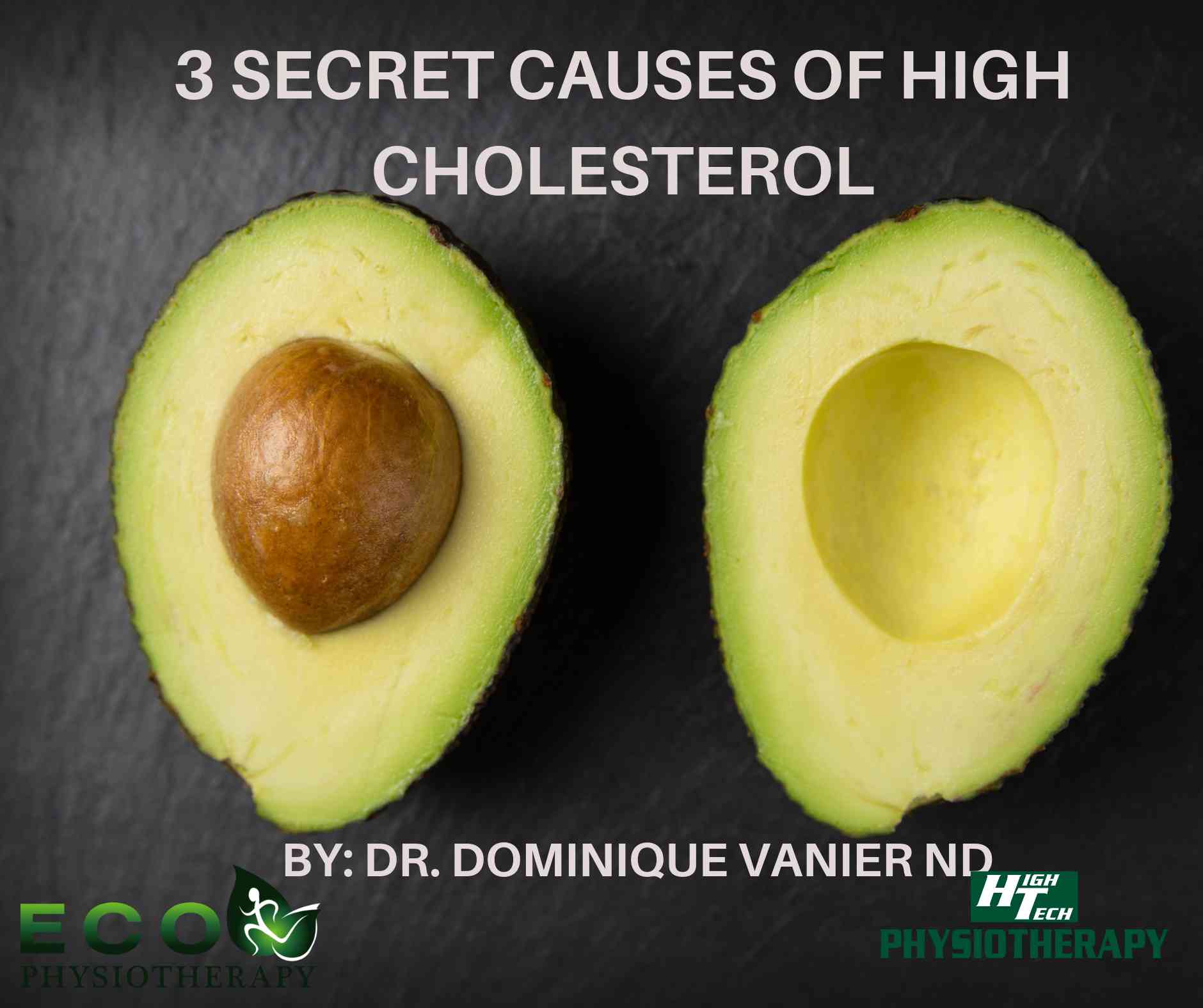
Eggs – are they good or bad for cholesterol? On one day we are told they are healthy, on the next, a new article is published advising caution. It can be a challenge to keep up with this conflicting information, and the reality is, cholesterol is much more complicated than we previously thought.
From the 1960s to 90s, doctors and health experts alike told us that fats are bad – that dietary fats will increase our cholesterol levels and, subsequently, raise our risk of coronary heart disease and a heart attack. Ironically, during the low-fat era, Canadians body-mass-index (BMI) levels significantly increased, leading to what many call an obesity epidemic. Unfortunately, obesity itself can also lead to cardiovascular disease.
Internationally renowned cardiologist Dr. Aseem Malhotra advocates that insulin resistance, not LDL (“bad”) cholesterol, is a more important risk factor for heart attack. It is insulin resistance that is the most important predictor of cardiovascular disease and type 2 diabetes in Canada and the US.
High cholesterol levels in the blood are in fact a window into our overall health – they provide us with a clue that something in the body is out of balance.
Below are three lesser-known causes of high cholesterol and the steps you can take to investigate if these health issues affect you.
- Insulin resistance
Insulin resistance is when our body produces too much of the hormone insulin and when our cells are no longer “sensitive” to insulin. Insulin resistance is the driving factor that leads to type 2 diabetes.
We can easily test for insulin resistance by looking at fasting insulin and fasting glucose in the blood. It is especially important to look at these two markers when evaluating for insulin resistance and/or diabetes, as we now know that looking at the blood marker HbA1C alone misses up to 70 per cent of diabetes cases.
As a Mississauga naturopathic doctor, I regularly requisition blood work for my patients as part of my healthy hormone program. If you have high cholesterol but have not had your insulin tested, you may want to consider working with a naturopath to evaluate further.
- Low vitamin D levels
Low vitamin D3 levels are positively associated with an increase in total blood cholesterol and LDL (“bad”) cholesterol. Since cholesterol is made in the liver, it is thought that low vitamin D levels will signal to the liver to make more cholesterol.
But! Before you start taking ample vitamin D3 drops, ensure to have your levels tested first. This can be done through a simple blood test with your naturopathic doctor or medical doctor. Taking too much vitamin D can lead to toxic vitamin D levels, which can damage the kidneys. More is not always better, and testing can inform you on how much vitamin D3 supplementation is necessary (under the supervision of your primary care provider).
- Hypothyroidism
When thyroid levels are low, the body has difficulty breaking down LDL cholesterol. In fact, even mildly low thyroid levels can cause abnormal changes in cholesterol. A simple blood test for thyroid stimulating hormone (TSH) as well as thyroid hormones T4 and T3 can diagnose whether the thyroid is in a hypo or hyper state.
In closing:
Statin (cholesterol) medication has been found to cause muscle problems in 10-20 per cent of users. By taking a holistic, whole-person approach, naturopathic medicine seeks to identify the root cause of high cholesterol and supports the body through diet, vitamins, and botanical (herbal) medicine to bring it back into balance.
Today, I challenge you to eat MORE healthy fats – foods like avocados, extra virgin olive oil, flax seeds, and walnuts – and cut your sugar intake. You may notice that your cravings decrease and you shed a few of those extra pounds. And, consider re-checking your cholesterol levels in 3 to 6 months with your primary care provider!
By: Dr. Dominique Vanier, ND, MEnvSc
Dr. Dominique Vanier is a naturopath in Mississauga and is accepting new patients at ECO Physio on Tuesdays and at High Tech Physio on Thursdays and Fridays.
